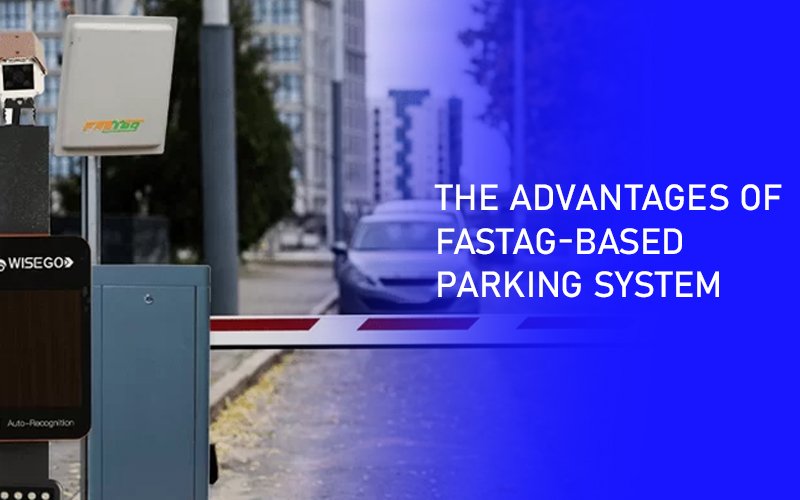Introduction
FasTag-based parking systems have revolutionized the way parking is managed and operated. With the integration of FasTag technology, parking facilities can now offer a seamless and hassle-free experience to their customers. In this blog post, we will explore the numerous advantages of FasTag-based parking systems and how they are transforming the parking industry.
1. Efficient and Convenient
One of the key advantages of FasTag-based parking systems is their efficiency and convenience. With FasTag, drivers no longer need to stop and pay at a toll booth or parking kiosk. Instead, the system uses radio frequency identification (RFID) technology to automatically deduct the parking fee from the driver’s prepaid account. This eliminates the need for manual transactions and reduces waiting times, making the parking process faster and more convenient for both drivers and parking attendants.
2. Cashless Transactions
FasTag-based parking systems promote cashless transactions, which offer a range of benefits. Firstly, it enhances security by eliminating the need for cash handling, reducing the risk of theft or robbery. Secondly, it provides a more transparent and accountable system, as all transactions are recorded electronically. Moreover, cashless transactions simplify accounting processes for parking facility operators, eliminating the need for manual reconciliation of cash payments.
3. Seamless Integration
FasTag-based parking systems can be seamlessly integrated with existing parking infrastructure. The technology can be easily implemented in parking lots, garages, and even on-street parking spaces. This means that parking facilities can adopt FasTag without the need for extensive modifications or disruptions to their operations. The seamless integration of FasTag ensures a smooth transition and allows parking facilities to quickly reap the benefits of the system.
4. Reduced Traffic Congestion
By eliminating the need for manual transactions, FasTag-based parking systems contribute to reduced traffic congestion. With faster and more efficient payment processes, the time spent at toll booths or parking kiosks is significantly reduced. This leads to smoother traffic flow, especially during peak hours, and helps alleviate congestion in busy urban areas. Additionally, the reduced waiting times also contribute to lower emissions and a greener environment.
5. Enhanced Revenue Management
FasTag-based parking systems provide parking facility operators with enhanced revenue management capabilities. The system allows for real-time monitoring of parking occupancy, duration, and revenue. This data can be analyzed to optimize pricing strategies, identify peak hours, and make informed decisions to maximize revenue. The insights provided by FasTag-based parking systems enable parking facilities to improve their operational efficiency and profitability.
6. Improved Customer Experience
With FasTag-based parking systems, customers enjoy a seamless and hassle-free parking experience. The convenience of cashless transactions, reduced waiting times, and smoother traffic flow all contribute to an improved customer experience. Moreover, FasTag technology can be integrated with mobile apps, allowing customers to easily locate available parking spaces, reserve spots in advance, and receive notifications about their parking transactions. These added features further enhance the overall customer satisfaction.
Conclusion
FasTag-based parking systems offer numerous advantages that are transforming the parking industry. The efficiency and convenience, cashless transactions, seamless integration, reduced traffic congestion, enhanced revenue management, and improved customer experience are just some of the benefits that FasTag brings to parking facilities. As technology continues to advance, FasTag-based parking systems are likely to become the standard for parking operations, providing a more efficient, secure, and customer-centric parking experience.

